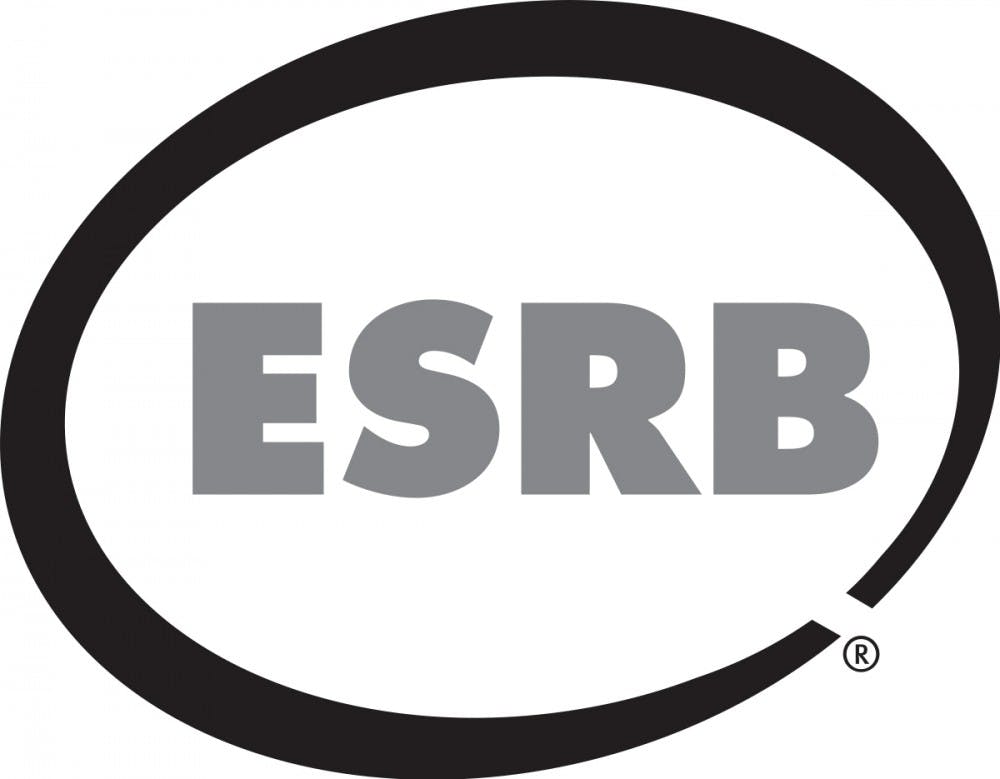The extent of Russian involvement in the 2016 U.S. Presidential election through mass disinformation and dissemination of false news has proven to be a growing issue for tech companies such as Google, Facebook and Twitter. These companies have found themselves under scrutiny for allowing such activity on their platforms. In response to this criticism — and perhaps to avoid federal regulations — tech companies have claimed they have taken steps to prevent such issues from arising again. If the tech industry is truly seeking to self-regulate, it should look to the gaming industry, and specifically the Electronic Software Rating Board, or ESRB — one of the nation’s most effective self-regulatory organizations.
The ESRB is a “non-profit, self-regulatory body that assigns ratings for video games and apps so parents can make informed choices.” The ESRB was established in 1994 as a response to the Video Games Rating Act of 1994 to avoid federal regulations. As reported by WIRED, “It was understood that the law would not be passed if the game industry came up with an entirely voluntary system on its own, and indeed the bill ended up dying in committee.” Today, the ESRB enjoys near-universal name recognition among Americans, is effective at preventing the sale of mature products to minors and has been commended by the Federal Trade Commission for being one of the most effective agencies in regulating advertising and marketing policies.
In a report concerning the power of self-regulatory organization penalties, Yale University Prof. Jonathan Macey argued that “a Self-Regulatory Organization’s enforcement power is a function of its market power. As market power goes up, so too does its power over the entities it regulates.” Indeed, the ESRB’s actual influence over the videogame market gives it great regulatory powers. The ESRB’s close relationship with retailers and console manufacturers such as Nintendo, Sony and Microsoft — which do not sell or license games assigned an “Adults Only” rating — means that games assigned such a rating are effectively doomed upon release, with little access to vital console markets. It is also capable of imposing fines upwards of $1,000,000 for publishers who fail to disclose objectionable content, providing an incentive for members of the gaming industry to follow the ESRB’s policies or face near-shutout by retailers and console manufacturers.
If the tech industry is truly serious about establishing some self-regulatory organization to prevent Russian interference (or some similar event) from occurring again, it could learn from the ESRB’s history and its policies. Just as the ESRB was enacted in response to possible federal oversight, it is difficult to argue that part of the motivation behind tech companies’ willingness to self-regulate is to avoid federal regulation. In addition, the ESRB exercises a significant degree of power in regulating the industry’s advertisement practices — something which tech companies should examine and replicate, given that federal attention has been pointed towards tech companies’ own advertising policies. If the tech industry wants to avoid federal regulations, the self-regulatory policies it adopts should have a measurable impact on the American populace (just as the ESRB’s ratings are visible on all boxed games, tech companies could disclose the location of their ad buyers for the American citizen to see). Additionally, such policies must be backed up with severe financial penalties if they are broken, just as offending games are locked out of a significant portion of the gaming industry’s markets.
When implemented correctly and backed up with severe monetary penalties, self-regulatory agencies can be just as effective as a federal regulatory agency — without costing the federal government a single cent. Yet, if self-regulatory policies are not enforced properly or do not provide critical enough checks on the industry they serve, then self-regulatory agencies are, at best, completely useless — and at worst, harmful to the American public. Tech companies seeking to self-regulate would learn well from the ESRB’s history as well as its current methods of regulating the games industry. For all of its faults, the ESRB has generally been received amicably by the American public and the federal government. In a time when tech companies’ once-infallible reputation has come into question, creating a strong self-regulatory organization to regulate tech companies’ advertising and content policies would serve as a crucial first step to placating lawmakers and restoring faith in the tech industry.
William Wong is an Opinion columnist for The Cavalier Daily. He can be reached at opinion@cavalierdaily.com.







